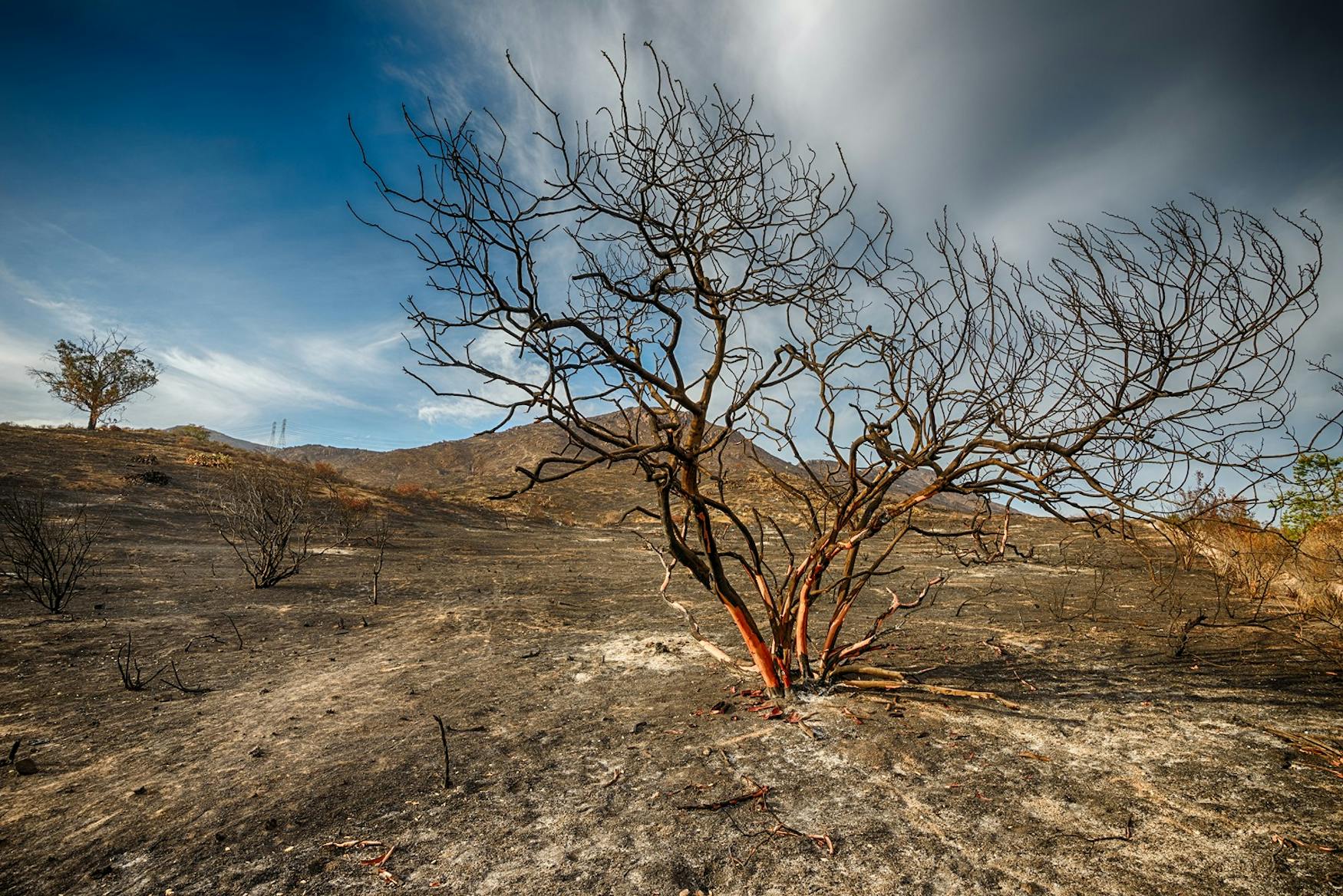State on fire today, state underwater tomorrow
About three years ago, my mother asked if we should get flood insurance for the house, and my father laughed in her face. Yet, over the break, our house was nearly at risk of flood damage.
I’m from California and, as folks may have heard, we have had a vast array of storms hit over the break. From the ground, it was scary for its larger meaning more than its immediate impact. The wind howled around my house, and the power flickered on and off. We’re not used to losing our electricity or being on the same part of the grid as the fire and police stations. My cats watched the weather from the windows, and all of us, humans included, seemed to get a bit of cabin fever. Our only entertainment was discovering a few leaks in our garage roof and putting buckets down.
California is infamous for dry weather conditions to the point of drought, so we were all woefully unprepared for the massive amount of rain we received. There were power outages, falling trees, sinkholes, flooding — you name it.
On the surface, this sounds like fairly normal storm damage. It’s not uncommon for trees to come down, and it’s far from unheard of for certain places or roads to flood, but we’re not one of those places. I grew up with sunny days and a winter/fall season of clouds and drippy weather. Rain and cold wind as a whole was an unusual treat.
I’d regularly go to the beach in December with a crop top and sweatpants. I come from dry, cracked earth and seat belt buckle burns. These storms presented a fairly drastic change from our standard weather, and we didn’t know how to deal with it.
For example, the storms majorly impacted driving and our roadways. I tried to take my usual highway exit only to find it was underwater and ended up awkwardly straddling two lanes in an attempt to keep my car’s undercarriage out of the water and my brakes dry. Meanwhile, another highway I frequent had a sinkhole open up that stopped traffic in both directions. Our roads aren’t built for rain, and neither are we. This was proved by the driving I witnessed.
This transportation impact has more consequences than my wet brakes. My grandmother couldn’t get out to get groceries — the storm caused her to lose power, and she couldn’t open her garage manually. Even if she could, her car has a low-set wheelbase, and would barely be able to make it through a puddle. I was able to bring her some supplies, but others in similar predicaments don’t necessarily have someone to help them out. My area has horrible public transportation to begin with, irregular buses at best, so if you weren’t able to drive in the rain, you were screwed.
However, this isn’t our first weird weather shift in recent years. During my middle and high school years, we began having “fire season” at the end of summer and early fall. I don’t mean “bonfire,” or “campfire,” I mean wildfire. The terrifying kind where the sky turns reddish-orange, and it rains ash in your backyard. Where some kids had snow days at school, we had smoke days, when the air quality was so bad that they canceled classes and told us to stay home. We adapted to the fire season terrifyingly well. Similar to how we acclimated to the global pandemic, we essentially shrugged and accepted our new normal without complaint. There wasn’t anything we could do about it, so there was no need to panic. Upon reflection, it was disorienting. This shouldn’t be normal, but it’s become nothing more than a second thought and an effort to upgrade the air filters. Our neighborhood community didn’t do much other than bring in stray animals that could get caught in the fray; we accepted the weather and brushed the ash off our cars.
It’s incredibly disconcerting and disorienting to watch my home climate unravel before my eyes. I feel utterly powerless; I’ve recycled, avoided single-use plastics, and I don’t run the heat when we don’t need it. Yet, the march of climate change doesn’t even hesitate. In order to make an actual change, the efforts would need to take place on a much larger scale, which I can’t single-handedly control. The government is too busy talking about if we should take any action to notice that Mother Nature has already decided on her next move.
We’ve always been in a strange state when it comes to weather. Hail, for example, is so unusual my teachers used to hurry everyone outside to see it, like a solar eclipse. But, it’s the drastic changes that are alarming. According to OEHHA, temperatures have continued to climb exponentially over the past hundred years, creating an intensely hot and dry climate. In my own lifetime, the hottest temperature I’ve seen at my home has gone from 101 to 115 degrees Fahrenheit. California’s Legislative Analyst’s Office (LAO) predicts that California will be victim to coastal flooding and erosion from rising sea levels by 2030. We’ve become known as the state that’s constantly on fire, and we can now add “underwater.”
We need to take steps to protect our environment now because the climate is already changing. We have the technology, and if we act now, we might have the time to make a big difference. We don’t need to live in floods and flames.
But hey, the West Coast is the best coast, right?



Please note All comments are eligible for publication in The Justice.